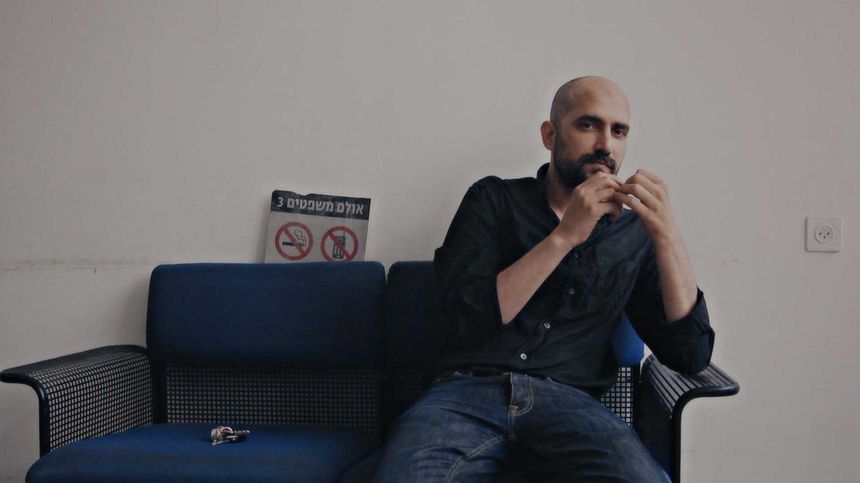In a Paris taxi, a man learns from a Moroccan seer that his sister is about to die. In an attempt to thwart the prediction, the brother then undertakes a fictitious journey between Morocco, Israel and Paris.
Based on family archives and excerpts from the trilogy written and produced by Ronit and Shlomi Elkabetz, Black notebooks: Viviane and Black Notebooks: Ronit invite us into the intimacy of a Judeo-Arab family, a family of uprooted exiles, in an imaginary story where the brother and the sister revisit the past and the present to challenge an implacable future.
To view this Youtube content, you must accept cookies Advertising.
These cookies allow our partners to offer you personalized advertising and content based on your browsing, your profile and your centers of interest.
Film to save time
“I filmed during all these years because each time I film, I save time, a few minutes, a few hours, and these hours saved, I have them in hand. I put them in a drawer, and it “It’s frozen time. I can come back to it, get out of it, and get in again. I thought maybe in the future I’ll open up this archive and do something with it. But I don’t I didn’t have a specific plan. After Ronit’s death, I decided to open these drawers, and not to deal with these archives as being from the past, but from dealing with them as being from the present. So, if the archive is from the present, that means that I come from the future, and by having this knowledge of the future, I could perhaps change things. that it was no longer a documentary film about family, but it became a story about a woman and time. I realized that I was writing a role for Ronit, in a film that I had not filmed.” Shlomi Elkabetz
Cinema, a metaphysical journey for which we pay the price
“Cinema gave us the metaphysics of our life. It allows us to be here, to touch matter, and at the same time, to be 1000 meters high and live in a much larger, free and creative area. , an area full of life that cannot be grasped in matter. Cinema has given us these steps to be able to climb to the other higher sphere that directs our spiritual life. That is why no one can say no to the cinema. I could not give up filming “The Black Notebooks”, because, even when she was ill, Ronit continued this intellectual and sentimental journey. All the characters in these films pay the price, but that in We are really sold on art, we go from one side to the other, there are no walls or limits, and I don’t know how we can live today without that. “ Shlomi Elkabetz

“I’ve loved hearing women speak all my life. I love the accuracy that mixes intellect and feeling, and being able to put yourself exactly where you need to be, outside and I think that women, throughout history, are the only ones who have been able to define what freedom is, since they are the ones who had to and still have to fight for this freedom. it is always the women who pay the price.” Shlomi Elkabetz

The translation of Shlomi Elkabetz’s remarks is provided by Michel Zlotowski
Extracts
Black notebooks: Vivianeand Black notebooks: Ronitmovie by Shlomi Elkabetz2022
Archive
Maria Callasemission three days withMicheline Banzet-Lawton, France Music, 02/10/1965
Musical references
Bernard Hermann, walking distance
To view this Youtube content, you must accept cookies Advertising.
These cookies allow our partners to offer you personalized advertising and content based on your browsing, your profile and your centers of interest.
Verdi, The forza of destiny, act 4**.** Interpreter : Maria Callas
Shlomi Elkabetz: “In this film all the characters, even mine, are ghosts”
